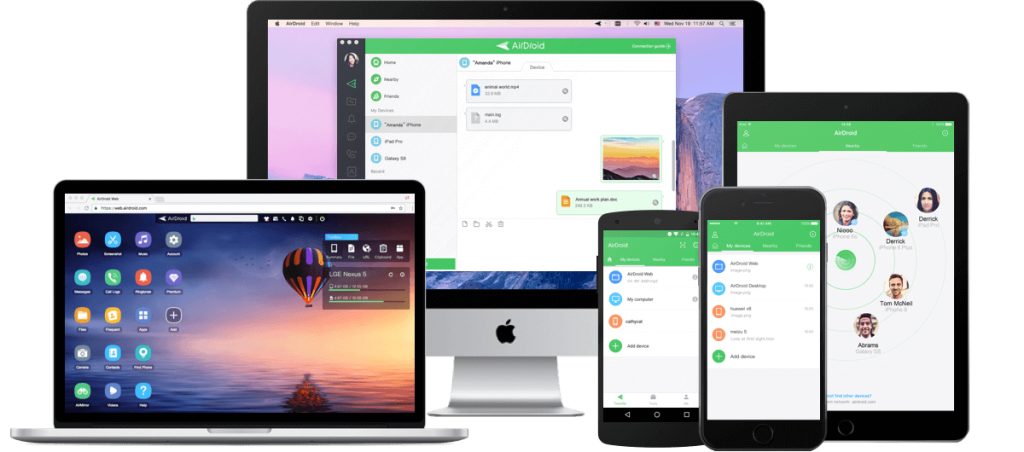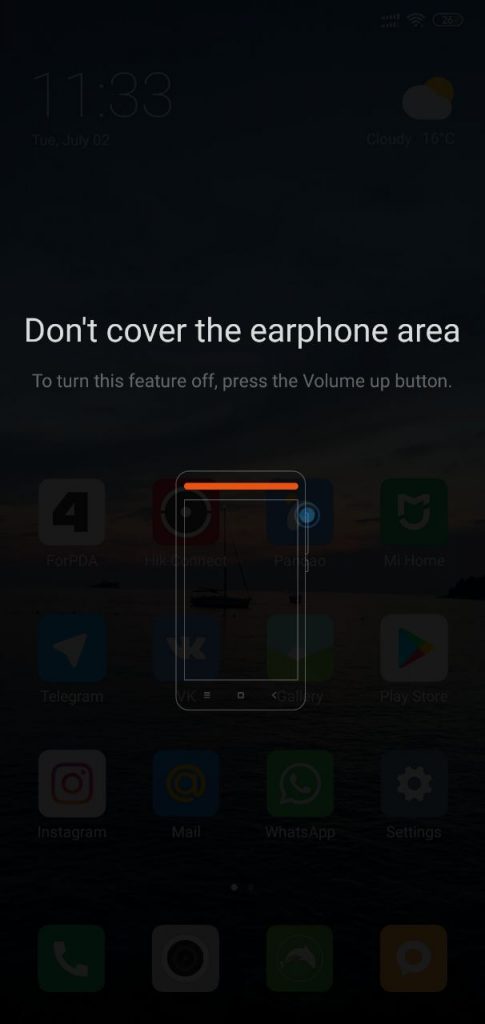Version 84 of Google Chrome, both desktop and mobile, has introduced a novelty that will soon move to the stable version: the blocking abusive notifications. With this novelty we will be able to protect ourselves from the websites that abuse the browser’s notification system to trick us into signing up.
The notification system of web browsers has been derived from a way of promptly informing us of news on a page to a gateway of all kinds of ‘spam’. Nowadays, websites that ask to subscribe to notifications are so common that they often even deceive, forcing them to enter the page; an attitude that Google has decided to tackle with version 84 of Chrome, a version that has already reached beta. And that it will soon land in the stable version, both on mobile and computers.
Chrome starts blocking notifications
As Google has announced in a Chromium blog article, version 84 of the browser will use a notification blocking system that is intended to curb all pages that use them to abuse readers. It is a good measure given the proliferation of trickery so that we click on the button to allow notifications: from camouflaging the web interface so that this button appears to be something else to blocking access to the page until notifications are not accepted; with the relevant risk of unwanted warnings.
The operation of the new Google Chrome lock is as follows:
- To have a compatible version (Chrome 84 minimum), the browser will detect if a website is abusing the notification system. And it will block the option to show them to the user.
- A warning appears on the screen as notifications are blocked; with an ‘X’ to close the warning message.
- If you really want notifications, a link marked as ‘details’ will allow you to know more about the reason for the block with the option to continue to block notifications or allow them.
Google Chrome 84 is not yet in its stable version: it will arrive in mid-July 2020. The system will protect from those pages that Google deems ‘abusive’ with notifications and only during initial registration. Blocking will likely work later with pages where we have already signed up.
More information | Google









